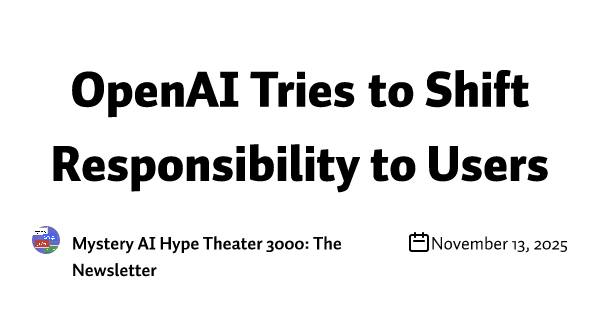Dutch and European media organizations warn that Google’s AI-powered search summaries are threatening their survival by slashing website traffic and ad revenue, BNR reports.
Since spring, Google has rolled out AI-generated answer blocks—called “AI overviews”—in search results across the Netherlands and several European countries. These summaries often appear at the top of the page, pushing down traditional links and reducing clicks to news sites.
“In some countries, media see their Google-driven traffic drop by 50 percent when an AI overview appears,” Iacob Gammeltoft, policy advisor at News Media Europe, which represents publishers across the EU, told BNR. “AI is causing media companies to lose readers and revenue.”
Gammeltoft also raised concerns about Google’s AI model, Gemini, possibly bypassing paywalls. “AI should not be trained on journalists’ work,” he told BNR. “One alternative is for tech companies to start paying for journalism.”
Dutch publishers are reportedly starting to feel the impact. “We’re already seeing a decline in how often readers land on certain articles through Google,” said Stefan Heijdendael, AI strategist at NDP Nieuwsmedia, the Dutch trade group for news publishers including BNR.
He noted that while Google’s AI tool does not yet summarize Dutch articles directly, the effect is growing. “We’re closely monitoring how this develops.”
Vivianne van Strijland of VIA Nederland, a Dutch marketing trade group, said users are increasingly getting their answers from AI summaries alone. “There’s a good chance they no longer click through to a website,” she told BNR.
The problem extends beyond Google. Tools like ChatGPT, Copilot, and Perplexity also siphon off traffic by answering user queries without linking back to source material.
“A growing share of traffic to our clients now comes from AI bots,” said Bert Jan ten Kate, director of advertising platform Massarius, which manages ads for Dutch outlets such as AT5 and F1Maximaal. “Search via AI is faster and more convenient, but websites miss out on ad revenue from those searches.”
Ten Kate argued that AI companies should compensate publishers for reused content but doubts it will make up for lost ad income. “The way people consume information is changing fast—and permanently.”
Ruben Schreurs, CEO of media agency Ebiquity, warned that publishers must adapt quickly. He pointed to new tools like Share of Model, which track how often AI platforms mention certain brands. “Some companies are already trying to manipulate those results,” he told BNR.
Heijdendael said AI tools are already generating summaries based on NDP Nieuwsmedia members’ articles without permission. “This is clearly not allowed,” he told BNR. “Media organizations have explicitly stated that their content may not be used in this way. The scale of the problem is growing rapidly.”
Dutch advertisers are also preparing. “Some of our members are working on strategies to stay visible inside AI systems,” Henriette van Swinderen, director of the Bond van Adverteerders (BVA), the Dutch advertisers' association, told BNR.
Other platforms are following Google’s lead. Microsoft’s Bing, integrated into its Edge browser, now delivers similar AI summaries. Reuters recently reported that OpenAI, maker of ChatGPT, is close to launching its own internet browser.
“Just like Google’s AI summaries, that could affect the business model of many website owners,” said Schreurs.
In a response to BNR, Google said web traffic can decline for many reasons, including seasonal changes and evolving user habits. A spokesperson denied that AI summaries necessarily reduce traffic. “These summaries include links to websites,” the company said. “This creates new opportunities for content discovery.”
But European media leaders remain alarmed. “Google is increasingly showing AI summaries, and the consequences are serious,” Gammeltoft told BNR. “This issue is now our top priority.”
.png)



